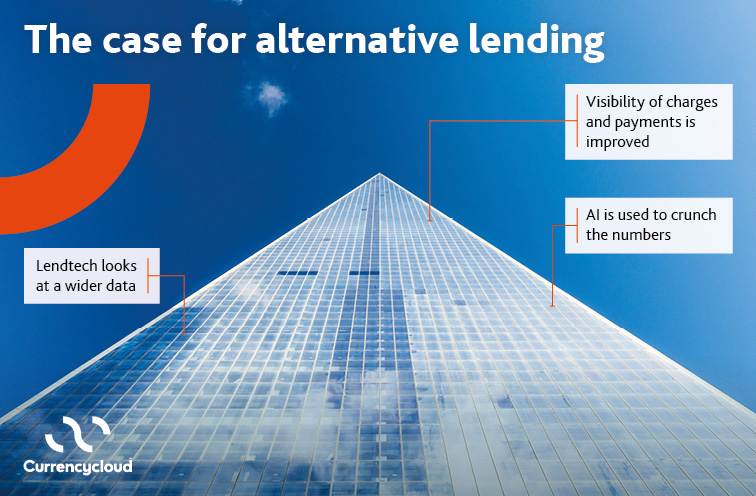The exorbitant rates and charges levied on pay-day loans, together with the ease with which such loans can be secured, have long raised alarm and caused problems for vulnerable members of society.
According to the Consumer Financial Protection Bureau (CFPB), the average payday borrower in the USA takes out as many as 10 loans per year, typically one straight after another. Because of the charges involved, a borrower will pay $458 in fees on a typical $350 two-week loan.
- Explore the five reasons why lendtech is winning out
- What are the next steps for alternative lending?
The knock-on effects of these high charges can be catastrophic. In the UK, 67% of payday loan borrowers and 49% of short-term installment borrowers are over-indebted compared with 15% of UK adults, reports the Financial Conduct Authority ( FCA ). Those struggling with repayments lack funds to pay for essential goods and services, impacting the economy as a whole.
However, people on a low or uncertain income are often those who are in the most need of emergency payouts – and that need will not disappear. Lenders argue that such borrowers represent a much higher risk of defaulting on a loan, which is why they apply higher rates and charges.
Alternative lenders OFFER A DIFFERENT APPROACH TO FINANCIAL INCLUSION
But now alternative lenders are showing that there could be a different approach. As the International Monetary Fund (IMF) explains, alternative lenders can improve financial inclusion by leveraging non-traditional data sources to improve the assessment of the borrower’s track record, appraising collateral value, forecasting income prospects and predicting changes in general conditions.
The Alliance for Financial Inclusion (AFI), the organization set up to drive forward financial inclusion in emerging and developing countries, says: “Fintech is leading to rapid innovations in the financial services industry. These innovations can enhance financial inclusion by broadening financial access at scale and improving the affordability and quality of financial services through efficiency.”

Collaboration between different players in the sector will also be required, says Lauren Passey, Head of Fintech at Currencycloud. “A digital ecosystem will involve real‐time coordination and interaction among customers, bankers, technologists, Fintechs, external service providers, other commercial and corporate banking systems, and regulatory compliance.”
Technology is already enabling fintechs like Cashfloat to take a more granular approach to risk assessment. Their analysis is based on a wider range of data that enables them to assess a customer’s ability to repay a loan, not just their past credit record.
Meanwhile, a relatively new breed of banks, including Shawbrook (along with partner Paybreak), is collaborating with retailers to assess online on in-store shoppers’ creditworthiness in minutes.
Artificial intelligence WILL ENABLE EXCLUDED GROUPS ACCESS TO FINANCE
The open data revolution will enable a growing number of previously excluded groups of borrowers to access finance. In rural India, for example, very few sources of credit records exist. One idea is to use artificial intelligence (AI) to link farmers’ Aadhaar 12-digit unique identity number (which is based on their biometric and demographic data) with wider data sources such as crop turnover, handset details, SMS logs, social network data, GPS data and call logs to identify creditworthiness.
As well as helping individual sole traders, lendtech services will continue to emerge to meet the needs of SMEs, who currently find it difficult to secure loans from traditional banks. Lenders like Kabbage offer brief application processes and fast turnaround times and pull data from online sources such as merchant gateways, bank accounts and social networks.
Lauren concludes: “The power of AI to crunch disparate data sources, together with greater transparency in payment remittances and loan charges, will level the playing field for a wider range of individuals and SMEs who are currently punished by the blunt assessment tools used by lenders. As a result, billions of dollars could be liberated for the good of the global economy.”
Click here to speak to Currencycloud to find out how we can help your business




